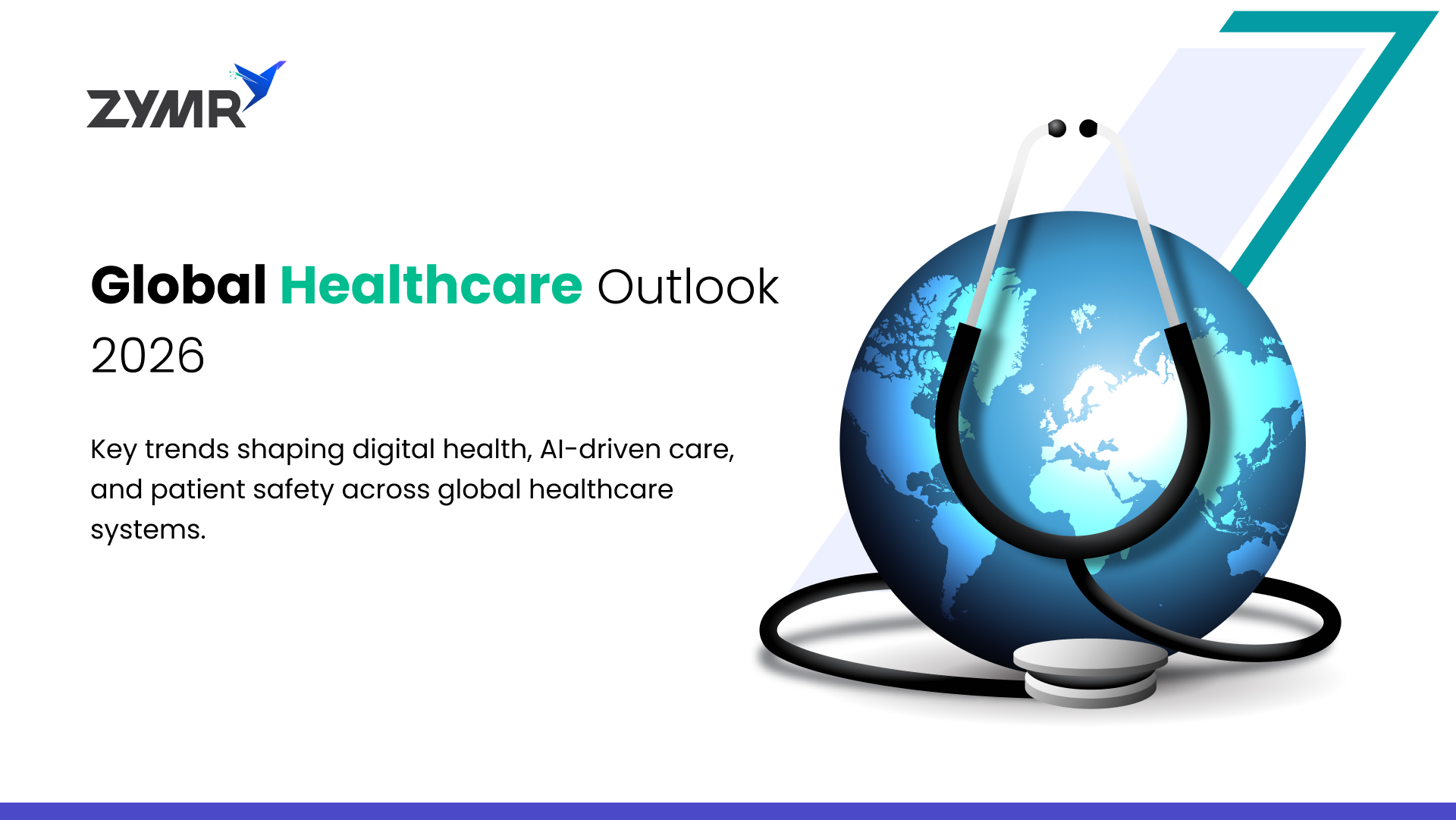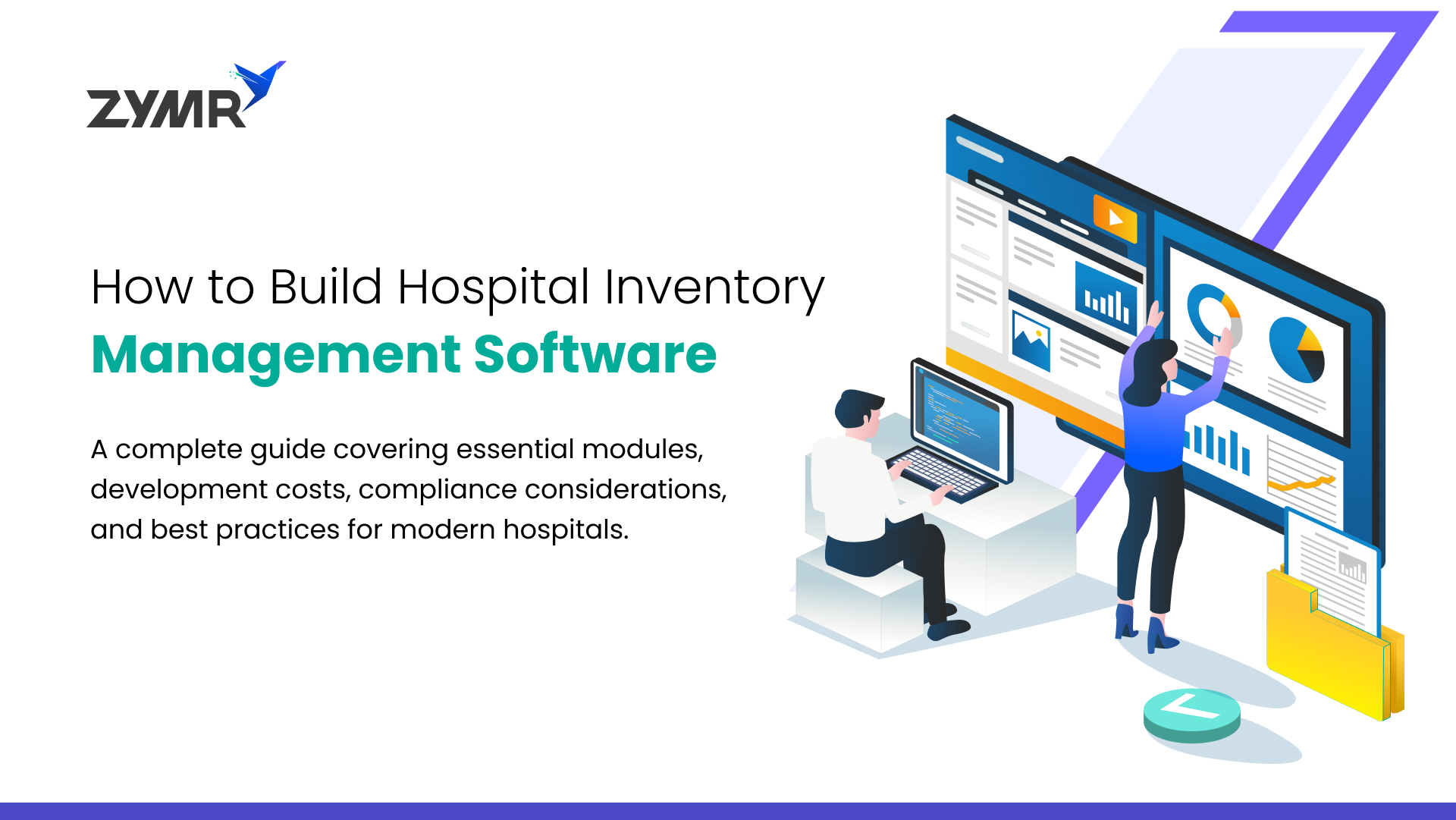The Future of Healthcare IT Services: Leveraging FHIR Interoperability for Clinical Decision Support

September 17, 2024
It is now unanimously agreed upon that Artificial Intelligence has caused massive ripples in the healthcare industry. Of course, the enhanced diagnostic capabilities, predictive analytics, and improved patient engagement have only been further upgraded by the emergence of the recent data interoperability standard FHIR. With its development only beginning in 2012, FHIR has been helping healthcare organizations enable seamless data exchange and integration, supporting the utilization of AI technologies across healthcare systems.
In fact, as per the 2021 report by Posnack & Barker, more than 80% of hospitals and more than 60% of clinicians have already adopted the FHIR standard in health information technology.
In this blog, we will discuss a particular convergence between FHIR and AI/ML services for the healthcare journey - Clinical Decision Support System (CDSS). The software system has the potential to not only enhance operational efficiency but also foster inclusive healthcare and promote equity by indulging large amounts of data. As a use case, CDSS will be the perfect way to understand how data interoperability and, therefore, FHIR have helped AI-based healthcare IT services improve their operations.
It all comes down to this - even the most experienced healthcare experts cannot know the answer to every clinical question. Clinical Decision Support Systems provide a comprehensive set of tools that can easily overcome such limitations. These systems can help healthcare experts respond quicker during patient-critical decision-making by offering real-time solutions to complex clinical questions. Here are some essential applications of CDSS:
- Data Analysis: CDSS can analyze large amounts of patient data, including symptoms, medical history, and test results, in ways that humans cannot. This analysis can help identify patterns, risk factors, and potential diagnoses more accurately and efficiently.
- Diagnostic Support: AI algorithms can assist physicians in diagnosing various conditions by analyzing medical images, such as X-rays or retinal scans. These algorithms can provide additional information and insights to aid in the diagnosis process, potentially improving accuracy and efficiency.
- Decision-making Assistance: CDSS can also provide physicians with evidence-based recommendations and treatment guidelines based on a patient's specific condition. This helps clinicians make more informed decisions regarding patient care.
- Continuous Learning: Powered with AI, CDSS can continuously learn from new data and medical research, improving their accuracy and performance over time. As more data becomes available and new insights are discovered, the CDS system can adapt and provide up-to-date recommendations and decision support.
- Enhancing Diagnosis and Treatment: When combined with data analytics CDS systems can help improve the patient management by providing services like personalized treatment recommendations based on patient-specific factors.
- Reducing Errors and Costs: CDSSs have the potential to reduce diagnostic errors and improve patient management, which can ultimately lead to reduced healthcare costs. By providing clinicians with valuable insights and recommendations, CDSS can contribute to more consistent and accurate decision-making. What adds more to the utility of CDSS beyond the applications of artificial intelligence and data analytics is the integration of data interoperability.
Check out how Zymr can help you incorporate Computer vision, NLP, Generative AI and more into your healthcare offerings. AI ML Expertise for the Healthcare Ecosystems
Future of Healthcare IT Services
Interoperability can help CDSS to effectively integrate with components like electronic health records (EHRs) and clinical information systems. This will help the CDSS to be compatible with information systems from different healthcare organizations and therefore offer a better knowledge-intensive mapping to the healthcare IT services. Data interoperability enables the support system for high-level abstraction, semantic descriptions, and adaptability to different information architectures.
Back in 2014, HL7 launched Fast Healthcare Interoperability Resource (FHIR), which has since been a globally accepted standard for data interoperability. Complying with FHIR standards, here's what CDSS can achieve with interoperability.
- Enhancing Clinical Decision-Making: FHIR's interoperability capabilities enable seamless data sharing and integration with CDSS. This fosters improved care, cost reduction, higher quality, and a transformative patient experience by providing healthcare professionals with timely and actionable insights.
- Standardizing Data: FHIR's common data model, built on widely used internet standards, empowers software developers to address healthcare data challenges within CDSS effectively. By leveraging existing knowledge and skills, FHIR standardization enables innovation and facilitates the transformative power of data access in clinical decision support.
- Breaking Down Data Silos: CDSSs have historically faced obstacles due to disparate data sources, limited access, information silos, and outdated infrastructure. FHIR's interoperability framework overcomes these challenges by enabling complete and timely access to healthcare data within CDSS. Integrating data sources improves patient care, reduces costs, and creates a more favorable patient experience.
- Optimizing Data Utilization: The abundance of high-quality healthcare data is pivotal in driving positive change. FHIR interoperability can synergize this high-quality data to drive efficiency and promote inclusive healthcare, ensuring that every individual receives equitable access to the benefits of data-driven decision-making.
- Integration with EHR: The interoperability framework provided by FHIR allows seamless integration of CDSS tools with electronic health records (EHR). This enables real-time access to patient data and facilitates the exchange of information between AI algorithms and healthcare providers, enhancing the decision-making process.
Conclusion
Integrating FHIR interoperability opens up a new world of possibilities for CDSS and healthcare IT services. Healthcare organizations can leverage this combination to enhance clinical decision-making, eliminate disparate data, and promise more inclusive healthcare.
Zymr’s health tech experts can help you offer better patient engagement with the transformative power of FHIR interoperability and CDSS. If you’re planning to build innovative solutions that can revolutionize the healthcare industry, contact our experts today.
FAQs
>
>
>
>
>
Have a specific concern bothering you?
Try our complimentary 2-week POV engagement
Our Latest Blogs

January 15, 2026
Global Healthcare Outlook 2026: Key Trends in Digital Health, AI, and Patient Safety

January 15, 2026
Top 10 Healthcare IT Services Companies Transforming Healthcare Delivery(2026)

January 15, 2026





.svg)
.svg)
.svg)
.svg)
.svg)
.svg)
